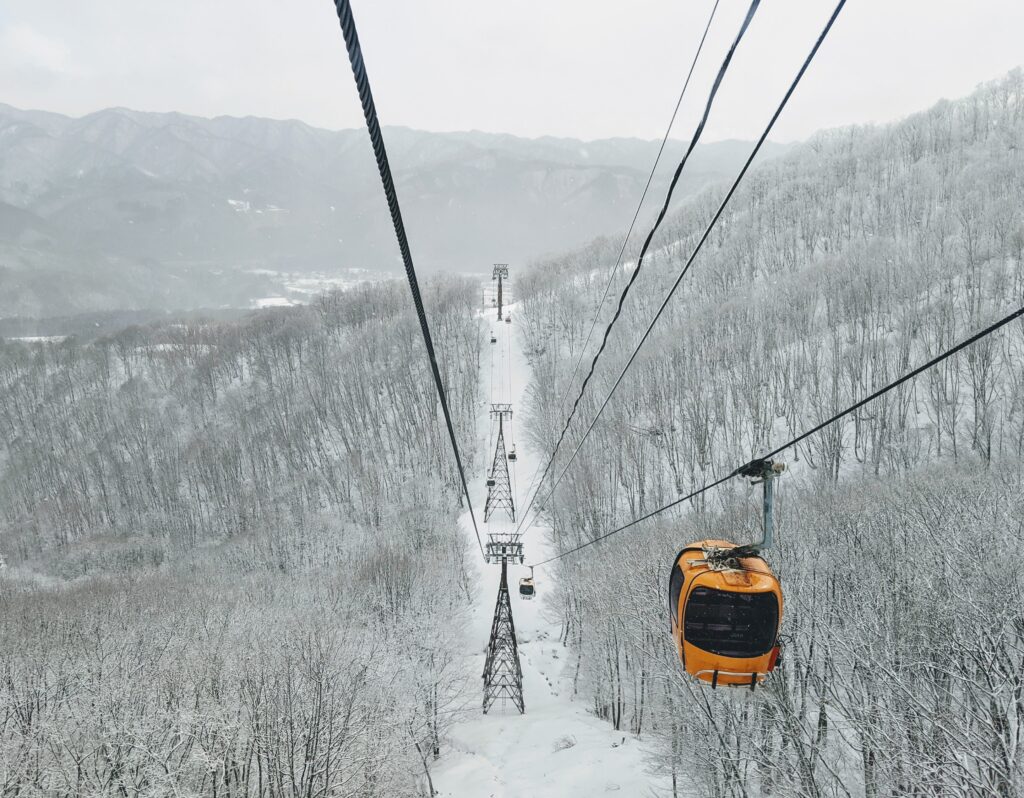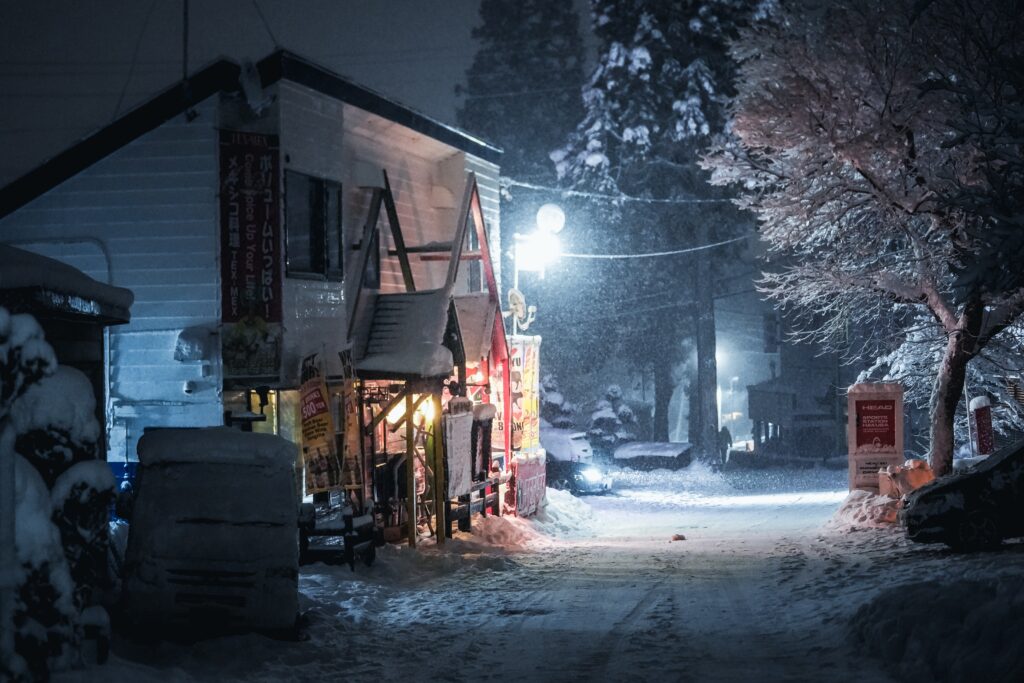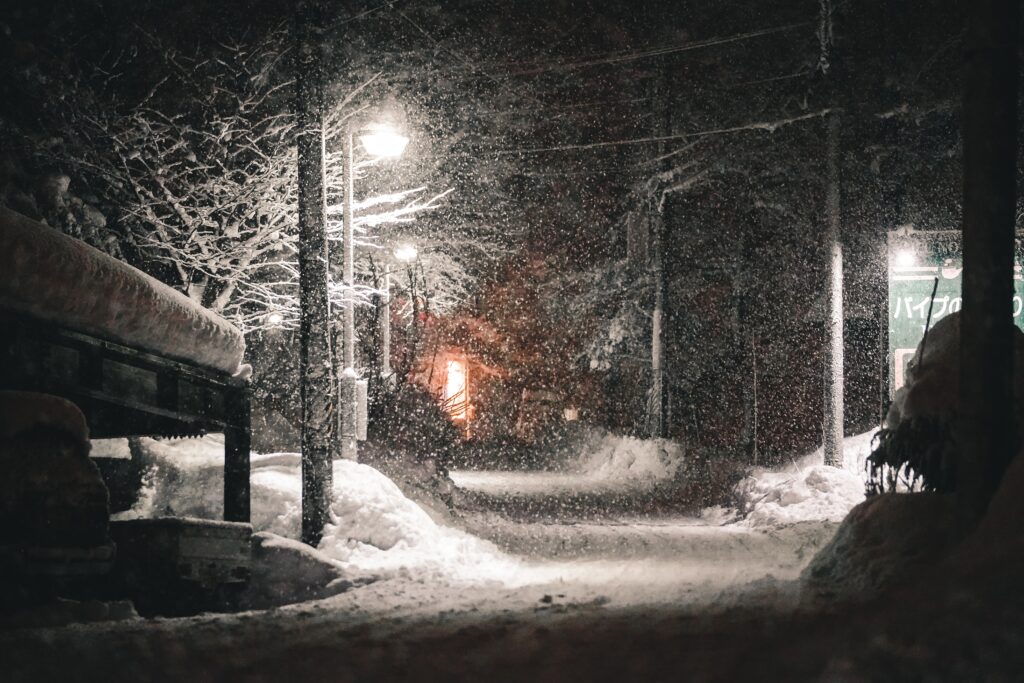Here’s how to get the best bang for your buck in Hakuba Valley, one of the top skiing destinations in Japan.
Just about every skier and snowboarder knows the pain of shelling out big bucks for a ski trip — but when it comes to Japan’s Hakuba Valley, you’re in luck. As one of the country’s biggest and best known ski areas, Hakuba Valley caters to travelers on all different kinds of budgets, from those looking to ski in style to those who want to enjoy the famous powder on the cheap.
After you take into account the low-cost lift tickets, variety of accommodations at different price points, and options for delicious, cheap meals, a ski trip to Hakuba Valley often costs a fraction of the price of many other international ski destinations. Plus, the snow and slopes are all top notch, so you can rest assured that you won’t be missing out on any skiing amenities along the way.
By now, you might be wondering exactly how much it will cost you to ski in Hakuba Valley. To help financially conscious skiers plan a trip to this premier destination, we’ve put together a handy list of ski bum-approved resources to help anyone ski Hakuba Valley on a budget. (Please note, all prices are accurate at the time of writing, but you should check for yourself before you go.)
Transportation
Hakuba Valley is located in Nagano prefecture, a roughly four hour-drive away from Tokyo. Renting a car can get pricey, so most international visitors use public transportation to reach the ski area. Your cheapest mode of transportation will be a five-hour-long Alpico bus ride from Shinjuku to Hakuba’s centrally located Happo Bus Terminal, which will run you 6,400 yen per adult rider (reservations recommended).
If you’re comfortable spending a little more money, however, consider taking the convenient Nagano Snow Shuttle directly from Tokyo’s airports to Hakuba Valley (starting at 9,800 yen per person). The ride takes between five and six hours, but the buses are clean and comfortable, and many have free wifi on board. As an added bonus, you won’t have to juggle your ski gear and luggage through multiple bus or train transfers.
Once you arrive in Hakuba Valley, you can hop aboard a daytime shuttle that will carry you around the 10 different resorts for free if you have an All Mountain ski pass, and 500 yen per trip if you don’t. At night, transportation typically consists of a special evening bus, though a no-cost, AI-powered taxi was tested during the 2022-23 ski season — check back to see whether this service will return this year.
Lift Tickets
Hakuba Valley has partnered with Vail Resorts’ Epic program, so skiers who hold an Epic, Epic Local, or Epic Australia pass can ride for five consecutive days at all Hakuba Valley resorts. No blackout dates, and no need to buy any additional lift tickets — just bring your pass and hit the slopes.
But we all know that the Epic pass can be a little spendy, so if you just want to ride at Hakuba this season and skip the Epic price tag, you can still access every resort in the valley on the cheaper All Mountain pass. A season pass starts at 165,000 yen for adults, while single-day All Mountain tickets cost just 8,500 yen for adults (far cheaper than lift tickets at most North American and Australian resorts). You can also buy multi-day passes for up to 77,600 yen for adults.
If all of this still sounds a bit too steep for your tastes, you can purchase lift tickets to the individual resorts of Hakuba Valley for very low rates. Depending on which resorts you’d like to visit, you’ll have to calculate the price per pass and decide what’s right for you and your skiing needs.

Accommodations
Lodging in Hakuba Valley runs the gamut from ultra-upscale luxury hotels to several low-cost backpacking hostels — and you don’t have to go too far from the slopes for a solid budget stay, either. Skiers who plan to spend most of their time at Tsugaike should book a bed at the popular Phat Packer Lodge, a ski-in-ski-out hostel located just a few meters away from the resort’s gondolas. Closer to other Hakuba Valley ski areas, the Little Alaskan Guest House, Monkey Rider Hakuba, K’s House, and more provide great lodging for stunningly low prices.
These spots can be high in demand among other like-minded budget travelers, so book as early as possible to secure the best prices. Otherwise, you might end up stuck at a more expensive hotel, which can cost you more than 14,000 yen per night depending on when and where you’re staying.
Before you rush off to make your reservations, though, you should consider at least one other important factor: Hakuba Valley’s hostels are typically frequented by younger crowds, meaning that most of them will have something of a party scene. So, you might have to sacrifice some sleep to get the cheapest lodging.
Food and Drink
Most ski resorts go sky high on the pricing for food and drinks, but not so at Hakuba Valley. Certain ski passes come with restaurant discounts, and even those who don’t have those passes will find many restaurants serving hearty meals for less than 1,000 yen a pop.
Though Hakuba Valley’s glitzy, upscale eateries tend to get all the hype, the villages are also home to cheaper hidden gems dishing up high-quality soba, ramen, and even sashimi. If you’d like to grab a drink or two while you eat, meanwhile, skip the buzzy (but expensive) bars and clubs in favor of izakaya, Japanese pubs that serve beer and tasty food for comparatively low prices.
Alternatively, you can buy groceries around Hakuba Valley and cook at your hostel when possible. Many hostels feature shared kitchen and dining spaces, where you can eat whilst chatting with other travelers.

Shopping and Other Attractions
Hakuba Valley is surrounded by popular attractions like Jigokudani Monkey Park, Zenkoji Temple, and Matsumoto Castle, but these are best reached by tour or car. If you prefer to save your money, stick around Hakuba Valley for all your off-slope entertainment needs. You can hunt for low-cost souvenirs at the small stores around town (avoiding the pricey outdoor gear shops, of course), or spend your free time soaking in hot spring onsen. Some hotels and hostels have onsen on site for guests, but admission to a public onsen typically costs less than 1,000 yen per person, making it the perfect budget-friendly activity to wrap up a day of skiing.
